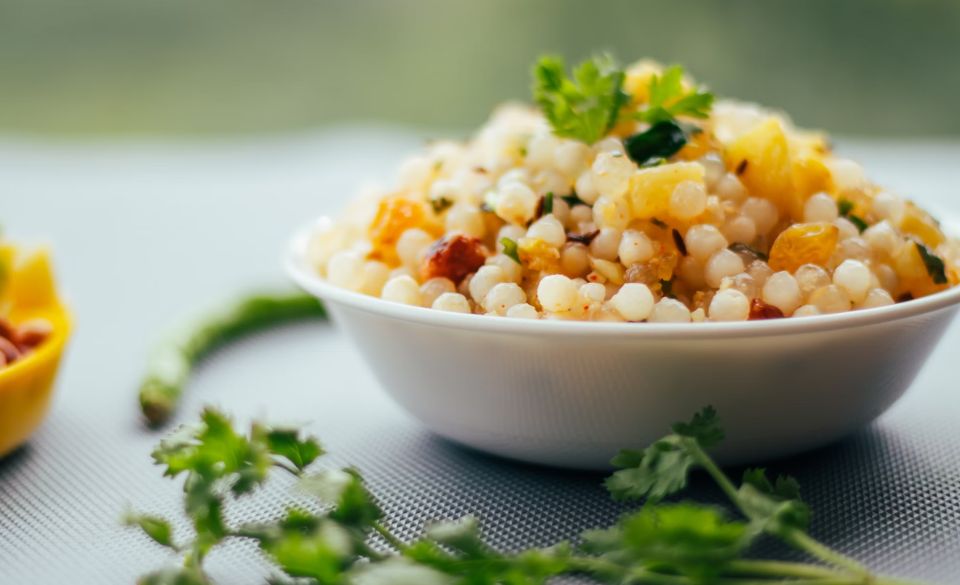
Intermittent Fasting and Fitness: Can They Go Hand in Hand?
Page Contents
You might have heard a mate or two chatting about intermittent fasting – that popular health kick where you switch between eating and not eating for certain stretches of time. It’s caught on like wildfire among those looking to shed a few pounds or give their general health a nudge in the right direction. But when it comes to folks who love a bit of sport or have a regular workout regime, the big question bounces around: does this whole intermittent fasting thing fiddle with athletic performance?
It’s worth a ponder because, let’s face it, your body needs a decent bit of fuel to get those muscles firing on all cylinders. On the flip side, some say fasting gives the body a breather from digesting food all the time, which could mean more oomph when you’re pounding the pavement or heaving weights. It’s not a straightforward answer, and it’s about time we delved into the nitty-gritty of whether this eating pattern is a mate or a menace to your sporting prowess.
Understanding the Science Behind Fasting and Exercise
Cracking into the science bit, intermittent fasting does a solid job at tweaking how your body dishes out energy. Instead of reaching for glucose from your last meal, it starts to turn fat into fuel. This could be a cracking bit of news for endurance since you’ve got loads of fat to burn through, but when you’re looking at high-intensity stuff or quick bursts of effort, not having a quick supply of glucose might leave you wanting.
Plus, if you’re running on empty, your workout or game might end up feeling tougher than it should. Ever tried sprinting or lifting heavy without much in your stomach? It can be rough, like trying to start a car with no petrol. However, pay heed to timing and the type of sport or training you’re doing, and you might find intermittent fasting weaves into the picture better than you’d think.
Fuelling Performance: The Role of Carbs and Proteins
Now, for the part that throws a spanner in the works–carbs and proteins. These nutrients are the cheerleaders of athletic performance, giving you that zip and helping with muscle recovery. Carbs in particular are like the spark that lights the fire of your efforts, and protein is all about repairing and building up your muscles after you’ve given them a good grilling.
When you’re intermittent fasting, the times when you can eat might not always line up perfectly with your training sessions. It gets a bit tricky trying to balance getting enough of these nutrients during your eating windows because let’s be honest, you can only have so much chicken and rice before you’re truly stuffed. It’s a bit like doing a jigsaw puzzle – fitting all the right pieces in the right places.
Clock-Watching: Timing Your Meals Right
Speaking of timing, getting it spot on is crucial. The last thing you want is your stomach growling halfway through a match or your energy tank hitting empty during a morning run. It’s about getting your eating times to buddy up with your exercise routine, so you’re primed and ready rather than fading faster than a cheap t-shirt in the wash.
Some folks swear by chowing down straight after their workout window, reaping what’s called the ‘anabolic window’, where your muscles are crying out for nutrition. Others find that eating just before their fasting period starts gives them enough zing to power through. It’s all personal, and figuring out what works for you can be as tricky as a Rubik’s cube.
Listening to Your Body: The Key to Balancing Fasting and Athletics
Last but not least, there’s no one-size-fits-all answer here, and it’s vital to listen to what your body’s yakking on about. One person might find that intermittent fasting makes them feel as light and spry as a young gazelle, while another might try the same thing and feel about as energetic as a sloth on a lazy day.
It’s all about giving it a bash and seeing how your body reacts–whether it’s a thumbs up or a plea for a decent feed. Simply put–keep a keen eye on how you feel during your workouts and whether your performance is improving, staying the sam or going down like a lead balloon.
Intermittent fasting and athletic performance have a relationship that’s a bit complex, more “it’s complicated” than “happily ever after”. It’s got potential, but it’s no magic bullet. With a bit of trial and error, and maybe a chat with a nutrition whizz, you could find a way to make fasting fit with your fitness goals like a snug pair of trainers. Or you might decide it’s not quite your cup of tea. Either way, understanding your body’s cues is the secret sauce to striking the right balance.

